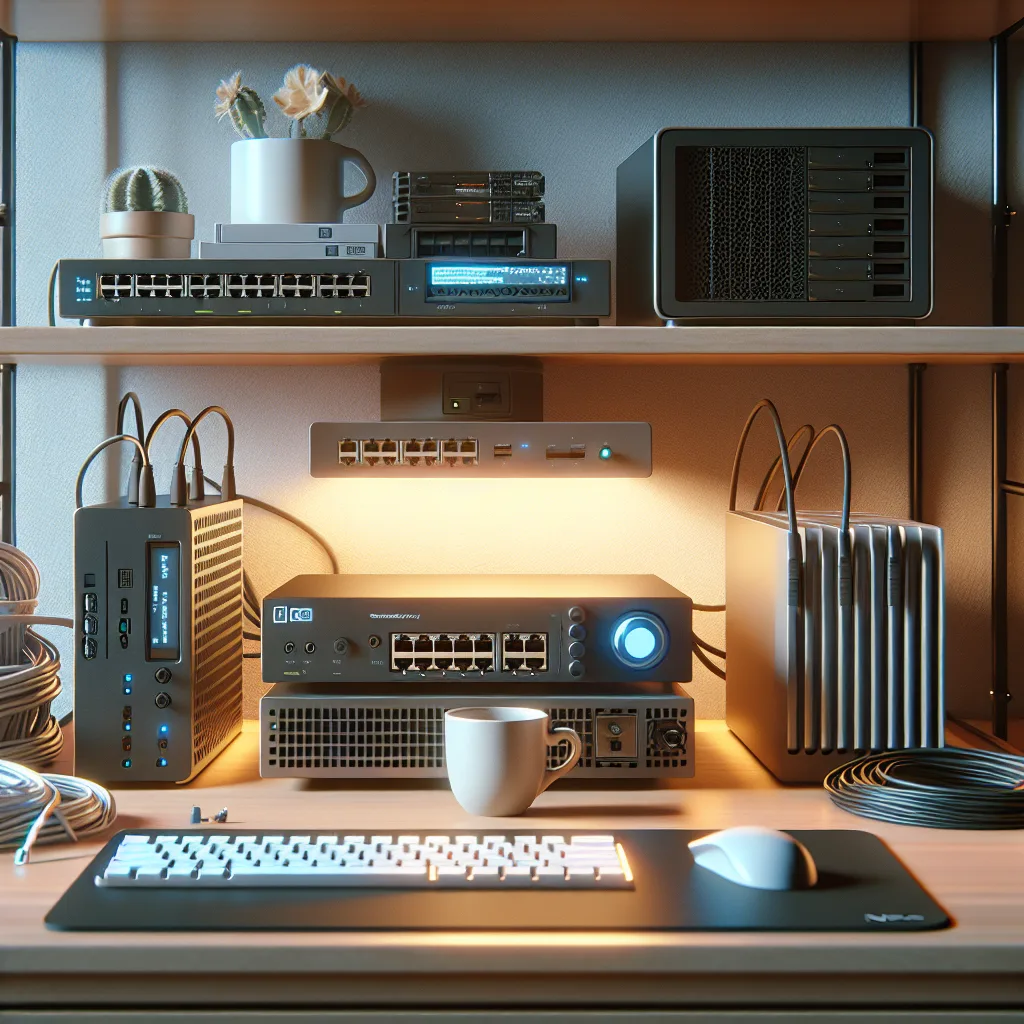Ever wondered why people build home labs? Discover the practical and creative reasons for starting one, from professional development to self-hosting your own services.
You see them pop up in conversations online. Maybe a friend has one. It’s this mysterious thing called a “homelab,” and it can sound intimidating. You might picture a full-blown server rack humming away in a basement, blinking lights and a web of cables, something straight out of a data center.
And sure, it can be that. But it doesn’t have to be.
At its core, a homelab is just a computer (or a few) that you run at home for your own projects. It could be an old laptop you’ve given a new life, a tiny Raspberry Pi, or a custom-built server. The hardware isn’t the most interesting part. The real question is: what do people actually do with them?
It turns out, the answer is a lot. A homelab is a personal playground, and what you do with it depends entirely on what you’re curious about.
It’s a Sandbox for Professionals
I have a friend who’s a C++ developer. His homelab isn’t for fun side projects; it’s a core part of his workflow. Instead of bogging down his main computer, he offloads massive compiling jobs to his home server. It’s faster, it keeps his desktop free for other tasks, and it gives him a controlled environment to test things without messing up his primary workstation.
For developers, a homelab is a professional sandbox. It’s a place to:
* Run and test code in a clean, isolated environment.
* Experiment with new technologies like Docker or Kubernetes without any risk.
* Host your own Git server for private version control.
It’s about having a space you completely own and control, tailored to your specific professional needs.
It’s a Workshop for Tinkerers
Another friend, an electrical engineer, is obsessed with IoT sensors. She’s constantly building little gadgets to measure everything from the temperature in her workshop to the moisture level of her houseplants.
But where does all that data go? Straight to her homelab.
She runs a server that collects and archives all this information. This allows her to analyze trends over time, create dashboards to visualize the data, and prototype new devices. Her homelab is a private workshop for her engineering projects, a place to build, test, and learn without needing to rely on third-party cloud services. She even hosts a private blog on it to document her experiments.
It’s Your Own Private Streaming Service
This is one of the most popular reasons people start a homelab. You’ve probably heard of Plex, Jellyfin, or Emby. These are applications that let you organize your personal collection of movies, TV shows, and music and stream them to any device, anywhere.
Think of it like running your own personal Netflix or Spotify.
Instead of relying on streaming platforms that can lose licenses to your favorite shows, you have a permanent library. It’s all your media, organized just how you like it, available on your TV, phone, or tablet. For media lovers, this is often the gateway drug into the world of homelabbing.
It’s a Way to Reclaim Your Digital Privacy
Are you a little tired of how much of your data lives on Google’s or Apple’s servers? A homelab is your escape hatch.
The self-hosting community is huge, and it’s all about running your own versions of popular services. With a little bit of work, you can host:
- Your own cloud storage (like Nextcloud) to sync files and photos.
- Your own password manager (like Vaultwarden) so your credentials never leave your network.
- Ad-blocking for your entire network (with Pi-hole).
- Your own document editor, calendar, and contacts.
It’s a powerful feeling to know that your personal data is sitting on a machine in your own home, not on a server thousands of miles away.
Above All, It’s for Learning
Here’s the real secret: no matter why you start a homelab, you end up learning. A lot.
You don’t set up a server without learning about operating systems like Linux. You don’t connect it to the internet without learning the basics of networking. You don’t host a service without learning about security, firewalls, and maybe even virtualization or containers.
These aren’t just abstract skills; they’re highly valuable in the tech industry. A homelab is a hands-on, practical, and surprisingly fun way to build a real-world skill set.
So if you’re curious, don’t be intimidated. You don’t need a server rack. Just find an old computer, install a new operating system, and ask yourself a simple question: “What do I want to build today?”
